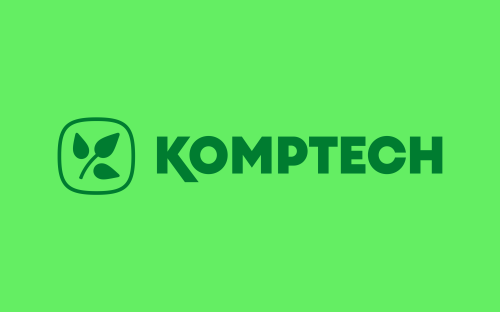Adapted to local conditions
When Komptech and the Jospong Group together planned the first waste treatment facilities in Ghana in 2018, the decision was made to use a combination of mobile and semi-mobile machines. Gottfried Reither, Director System Technology at Komptech, explains: “Zoomlion urgently needed facilities to treat about 600 tonnes of municipal waste daily in Accra. A stationary plant requires infrastructure and above all a reliable supply of electricity, which was not available. But thanks to autonomous operation with diesel engines or generators we were able to set up the lines as needed, and they were ready for immediate operation.
When orderly reclamation is just getting started, flexible machinery is better as a first step.” The specially developed Komptech processing plants select the biogenic component out of the waste and send it to composting, while separating the recyclables out of the rest, so that only a small remaining amount of waste is landfilled.





